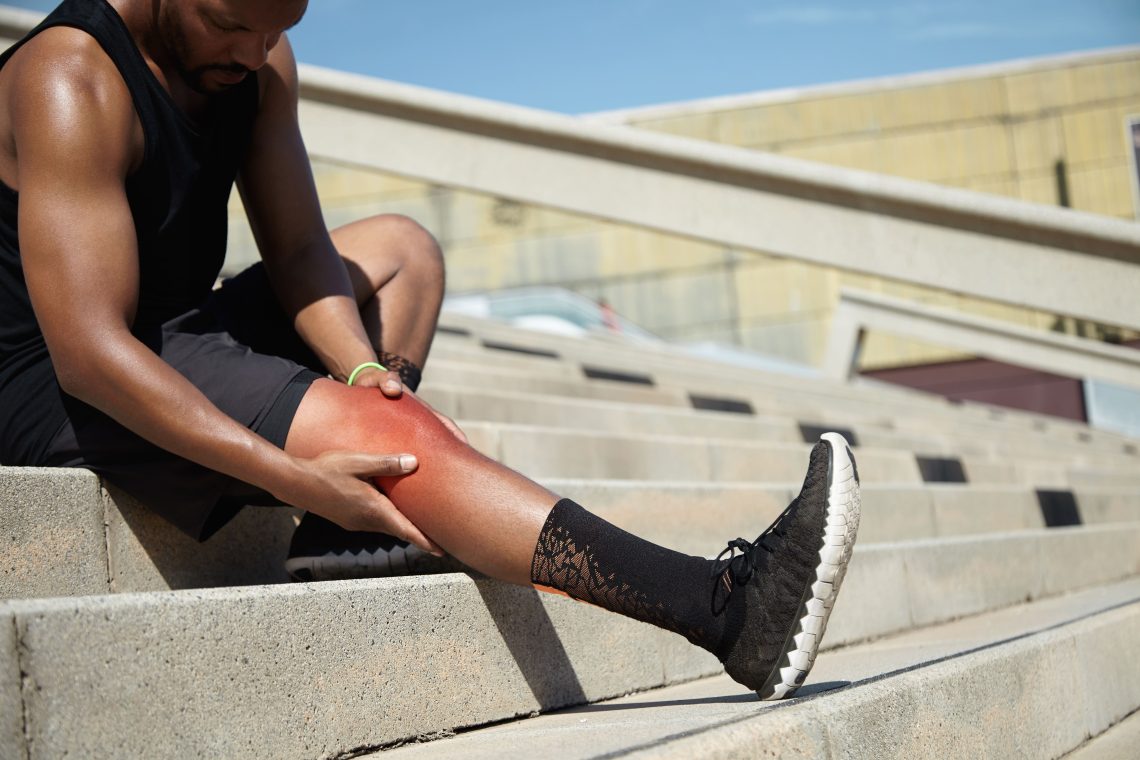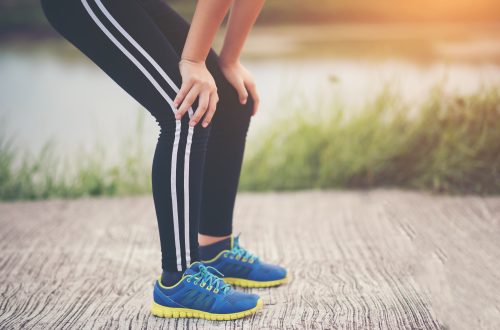Knee pain is one of the most common musculoskeletal problems affecting people of all ages. While injuries, arthritis, and overuse are well-known causes, there’s another factor that often goes unnoticed vitamin D deficiency. Research shows that low levels of vitamin D can contribute to joint pain, including discomfort in the knees. But how exactly does vitamin D influence joint health, and can restoring levels help? Let’s explore.
Understanding the Role of Vitamin D in Joint Health
Vitamin D is often called the “sunshine vitamin” because our body produces it when exposed to sunlight. Apart from supporting bone strength, it plays an important role in:
- Calcium absorption: Ensures strong bones and cartilage.
- Immune regulation: Prevents inflammation that can damage joints.
- Muscle function: Supports coordination and reduces strain on the knees.
When vitamin D levels are too low, bones can become weak, muscles stiff, and inflammation more likely — all of which may contribute to knee pain.
Can Vitamin D Deficiency Directly Cause Knee Pain?
Yes, vitamin D deficiency can be linked to knee pain in multiple ways:
- Weakened Bones – Without enough vitamin D, calcium absorption drops, leading to brittle bones. This can worsen conditions like knee arthritis, where cartilage wears down.
- Inflammation – Vitamin D has anti-inflammatory effects. Deficiency may cause higher levels of joint inflammation, increasing stiffness and pain.
- Muscle Weakness – Poor vitamin D status contributes to weak thigh and calf muscles, which are essential for supporting the knee joint.
- Higher Risk of Osteoarthritis – Some studies suggest that low vitamin D levels may accelerate cartilage damage, leading to arthritis-related knee pain. You can learn more about the general causes of arthritis in our detailed guide.
Symptoms of Vitamin D Deficiency
Apart from knee pain, low vitamin D can cause:
- General joint pain and stiffness
- Bone pain in hips or lower back
- Frequent fatigue
- Slow recovery after exercise or injury
- Increased risk of fractures
If you are struggling with persistent joint pain despite rest and care, it’s worth checking your vitamin D levels through a simple blood test.
How to Manage Knee Pain Related to Vitamin D Deficiency
1. Get Sunlight Exposure
Spending 15–20 minutes daily in sunlight can boost natural vitamin D production. Early morning sun is the safest.
2. Include Vitamin D-Rich Foods
Fatty fish, eggs, fortified milk, and mushrooms can help improve vitamin D intake. A diet rich in anti-inflammatory foods is also beneficial, especially if you are managing arthritis. For more natural strategies, see our article on how to treat arthritis pain naturally.
3. Supplements (If Needed)
If diet and sunlight aren’t enough, your doctor may recommend vitamin D supplements. Never self-prescribe high doses, as excess vitamin D can be harmful.
4. Strengthening Exercises
Weak thigh and hip muscles can worsen knee strain. Gentle stretches and strengthening exercises are key to supporting the knees. If your pain is linked to posture or mobility issues, you might find our post on how to relieve back pain helpful, as poor spine alignment can also put pressure on the knees.
5. Weight Management
Extra body weight increases knee stress. A healthy diet and regular low-impact activities, like swimming or cycling, can ease joint load. Curious about exercise options? Our blog on is cycling good for knee joint pain highlights why cycling can be a safe choice.
When to Seek Medical Help
Not all knee pain is caused by vitamin D deficiency. If you experience:
- Severe swelling or redness around the knee
- Persistent pain despite rest
- Difficulty bending or straightening your knee
- Fever along with knee pain
…it may point to another condition like injury, infection, or advanced arthritis. In such cases, consulting a healthcare professional is essential. For example, some people wonder, “Can Arthritis Cause Fever?” — this shows how systemic conditions may overlap with knee problems.
Preventing Knee Pain Long-Term
To protect your knees and avoid future pain:
- Maintain a balanced diet rich in vitamin D and calcium.
- Stay active with low-impact exercises like walking, cycling, and swimming.
- Correct posture habits at work and during workouts.
- Manage stress levels, since muscle tension can also contribute to pain. For example, headaches and neck tension are linked, as we’ve explained in can stress cause neck pain.
Final Thoughts
So, can vitamin D deficiency cause knee pain? The answer is yes — indirectly and directly. Vitamin D is vital for healthy bones, strong muscles, and reduced inflammation, all of which keep your knees functioning well. If you’re dealing with chronic knee pain, testing your vitamin D levels and making the right lifestyle changes can make a big difference.
Combined with exercise, posture correction, and natural pain management techniques, boosting your vitamin D may help you move more freely and reduce discomfort in daily life.






